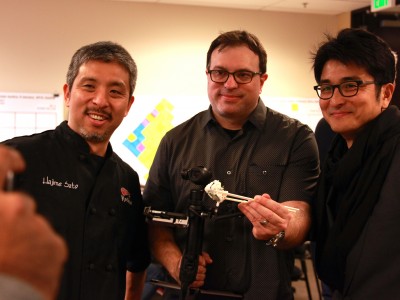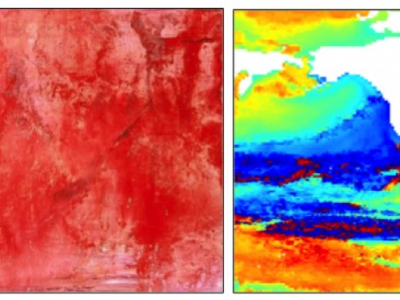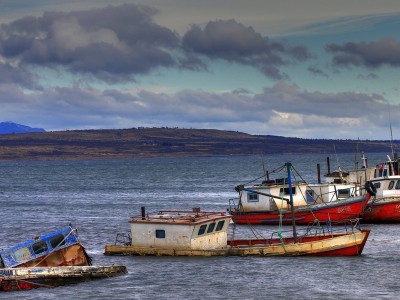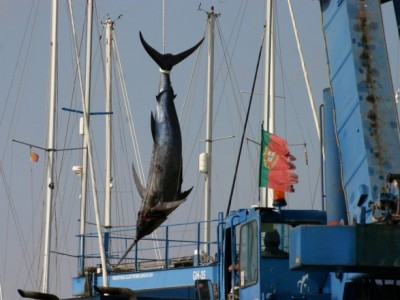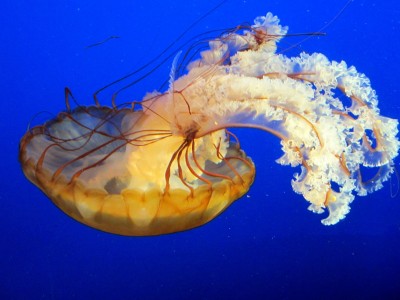Hack-a-thon meets design to tackle ocean climate change communication strategies
Controlled chaos is one way to describe a Surya Vanka-led Design Swarm. Controlled chaos that brings great minds together to solve important real world problems would be more accurate. Conceived of by Vanka, a design industry leader and former Director of User Experience at Microsoft, the innovative hack-a-thon meets brainstorm design approach has been traveling the globe tackling issues where solutions are in high demand.



